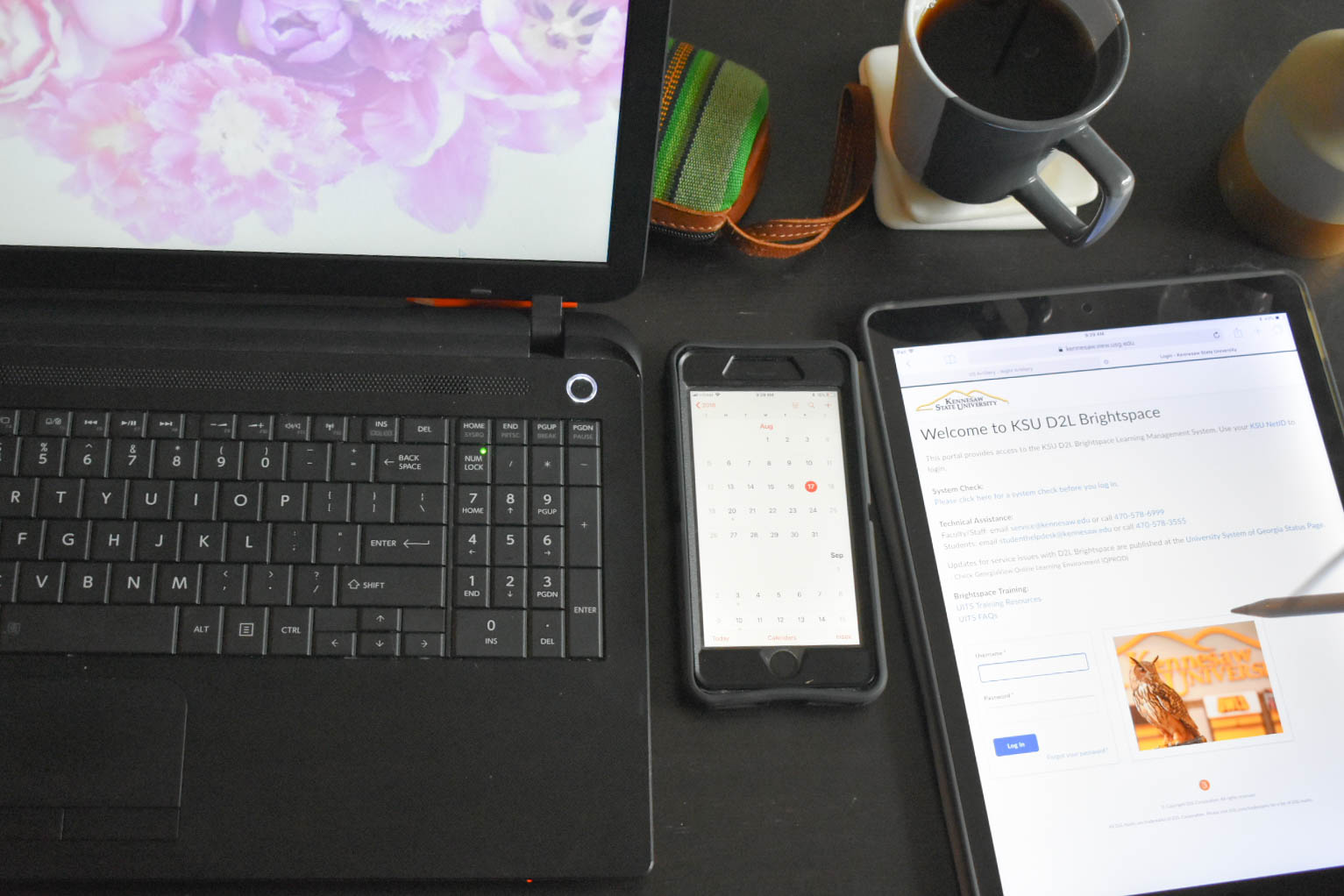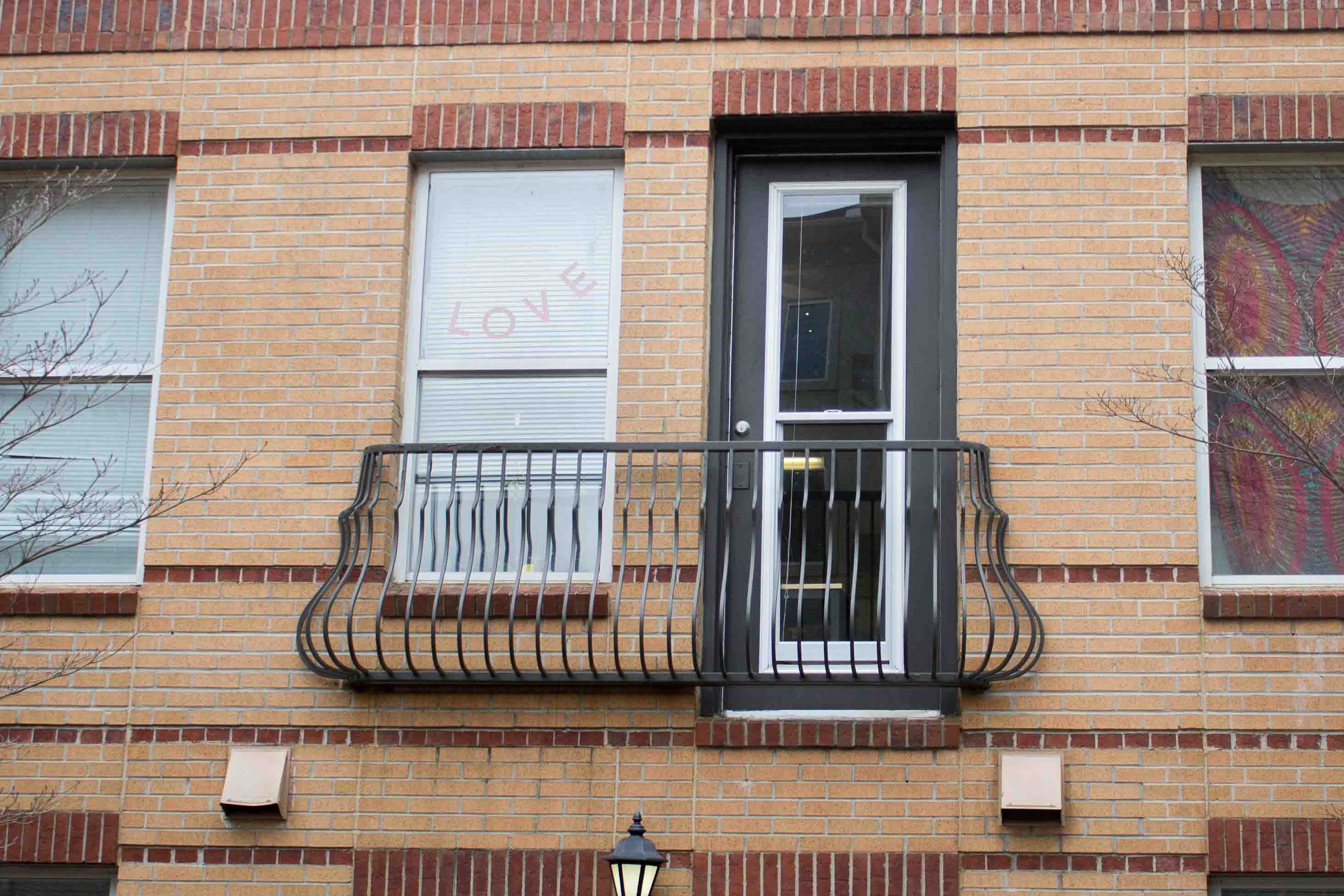Technology has dramatically expanded the horizons of social media, and even though it has connected people from all over the globe, it also can make many people struggle in their day-to-day lives.
Technology is now a crucial part of the way people interact socially. Using apps like Instagram and Twitter keep people connected with users all the way around the world. When moving away to college 20 years ago, the main way to communicate was through phone or email.
Twitter and Instagram allow users to automatically connect to each other with one click. Long distance relationships have become manageable since now. Instead of just a phone call, you can FaceTime and follow them on social media. It is not the same as being with your significant other in real life, better than it used to be.
Professional connections can also be made using social media apps like LinkedIn. However, sometimes connecting your social life to your professional life may be a risk because many people end up not qualifying for the job they applied for due to something they posted on social media in the past. Some people even get fired for posting something their employer is against.
Social media and mental illness are also something that, in many cases, go hand-in-hand. Many people base their happiness on likes and how well a post engages followers on social media.
When we do this, Dr. Tim Bono, author of “When Likes Aren’t Enough,” says, “we place our happiness in a variable that is completely beyond our control.” This is not healthy and can contribute to the increased depressions rates seen in previous years.
Comparing ourselves to others we see on social media can also harm our self-esteem and self-worth. A negative body image and eating disorders can also stem from what we see on social media. A study done by the University of Pittsburg found that “those who spend more time on social media had 2.2 times the risk of reporting eating and body image concerns, compared to their peers who spent less time on social media.”
When people become accustomed to the way they communicate on social media, it becomes their comfort zone and can cause problems having social interactions outside of that comfort zone. It is very common to walk through the KSU commons and see people sitting at a table, and instead of talking to one another, they are texting instead. This is the comfort zone they have gotten used to, and so this is what they do even when they are amongst each other.
Technology is a fantastic addition to our social lives, but there needs to be a balance between reality and the social media apps. We cannot obsess with what we see on the internet, and we need to spend time with people face-to-face.
This article has since been updated since its original release removing a source from California Southern University.



